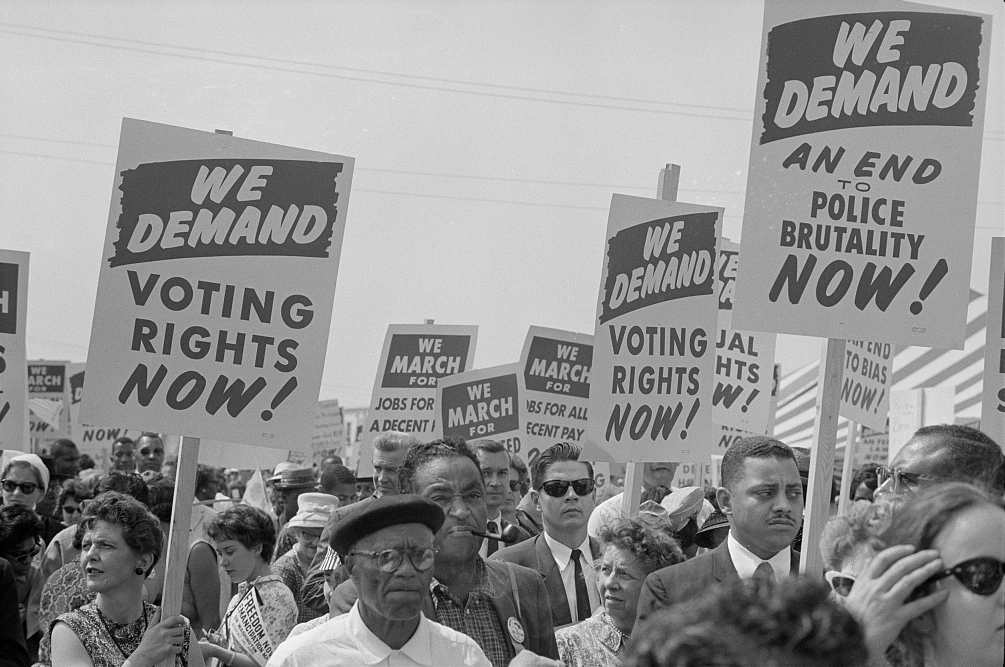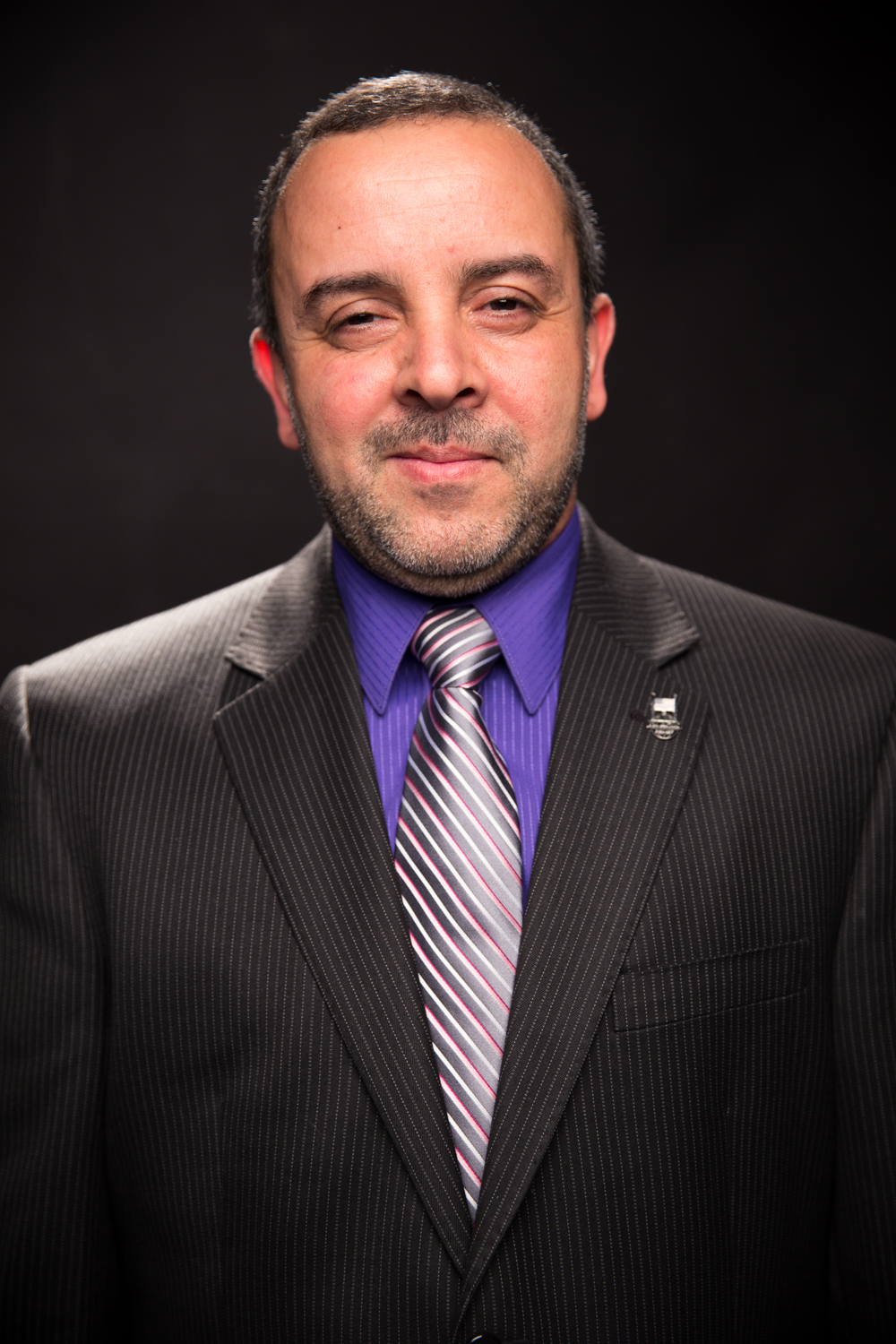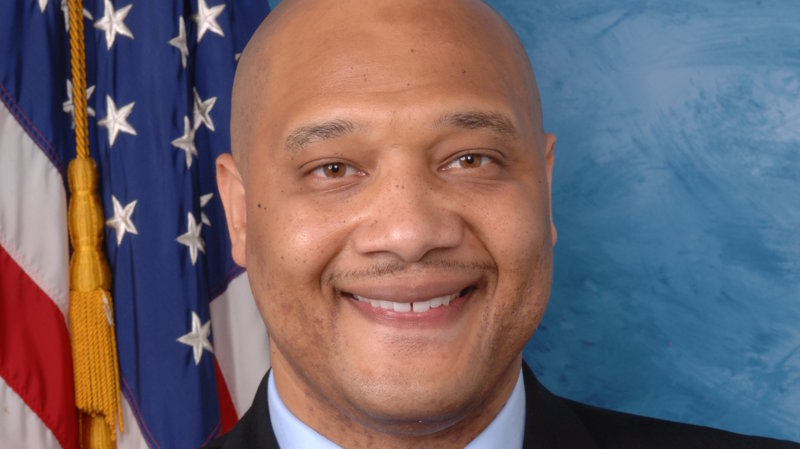IRUSA Heads to the Vatican
An Interfaith, International Collaboration
Last week, Vatican City held an international conference titled “Religions and Sustainable Development Goals (SDGs): Listening to the Cry of the Earth and the Poor”. Islamic Relief USA was invited to attend the conference and speak on a select panel.

The 3-day program focused on 5 main Ps:
People Planet Partnership Prosperity Peace
The program was jointly organized by the Vatican Dicastery for Promoting Integral Human Development and the Pontifical Council for Inter-religious Dialogue.
IRUSA at the Vatican
People came from around the globe to participate in interfaith dialogue, and served as representatives for governments, UN agencies, religious leaders, and many faith-based charities. The faith spectrum included various Abrahamic, Eastern, and indigenous religions. IRUSA was one of the select few groups invited to address all those assembled in a plenary session. Following the address of His Holiness Pope Francis, IRUSA's Director of Public Affairs, Christina Tobias-Nahi, was invited to speak about IRUSA's interfaith work and gender empowerment initiatives, a timely speech that took place on International Women's Day. She also shared the following Hadith focused on the shared faith value of social justice: “Whosoever of you sees an evil, let him change it with his hand; and if he is not able to do so, then [let him change it] with his tongue; and if he is not able to do so, then with his heart.”
A Future Direction
Participants explored ideas on how to best overcome the media's preference to depicting religious clashes as drivers of conflict, as opposed to highlighting compassionate interfaith work. The Pontiff reminded all that, “We must reject the temptation to look for a merely technocratic response to the challenges [before us], and be prepared to address the root causes and long-term consequences.”
Interfaith Art
In an evening program focused on cultural sharing, a Muslim and Jewish singer were paired together for a song extolling the shared prophets of both religions.
The stage gave a platform to some disenfranchised groups as well, including immigrant and refugee dancers and a Venezuelan youth orchestra who are using music to overcome the resent crisis.
A Future Direction
On the final day, participants were broken up into smaller working sessions on each of the 5 Ps, and each group came up with calls for action. The wide consensus was that the 17 SDGs would not be met by 2030 without full, global efforts.
They also stressed that people need to be educated on what the SDGs are, and how everyone—governments, houses of worship, faith and secular organizations, communities, neighborhoods, and individuals—has a role to play.
This post was submitted by IRUSA’s Director of Public Affairs, Christina Tobias-Nahi.





